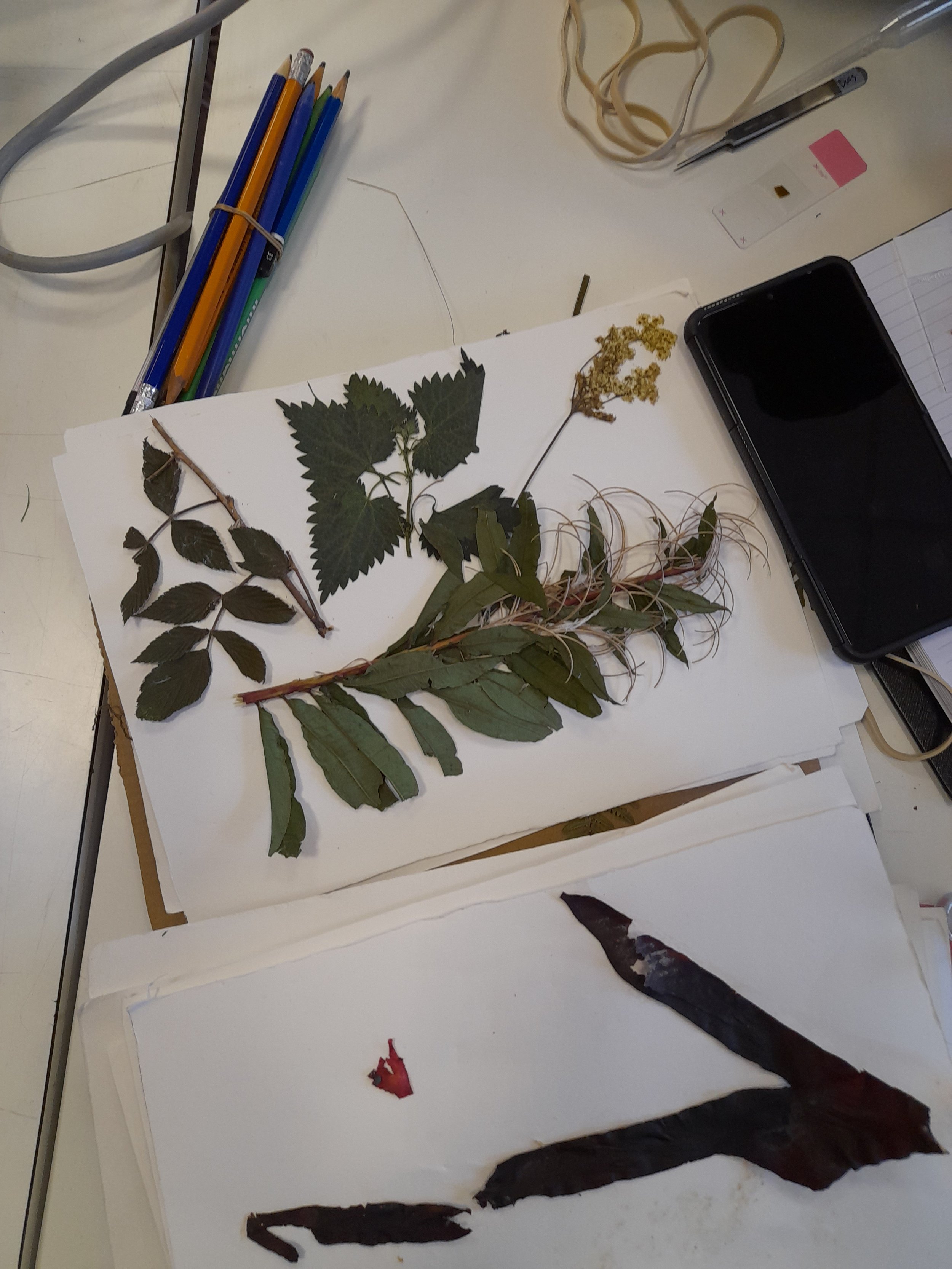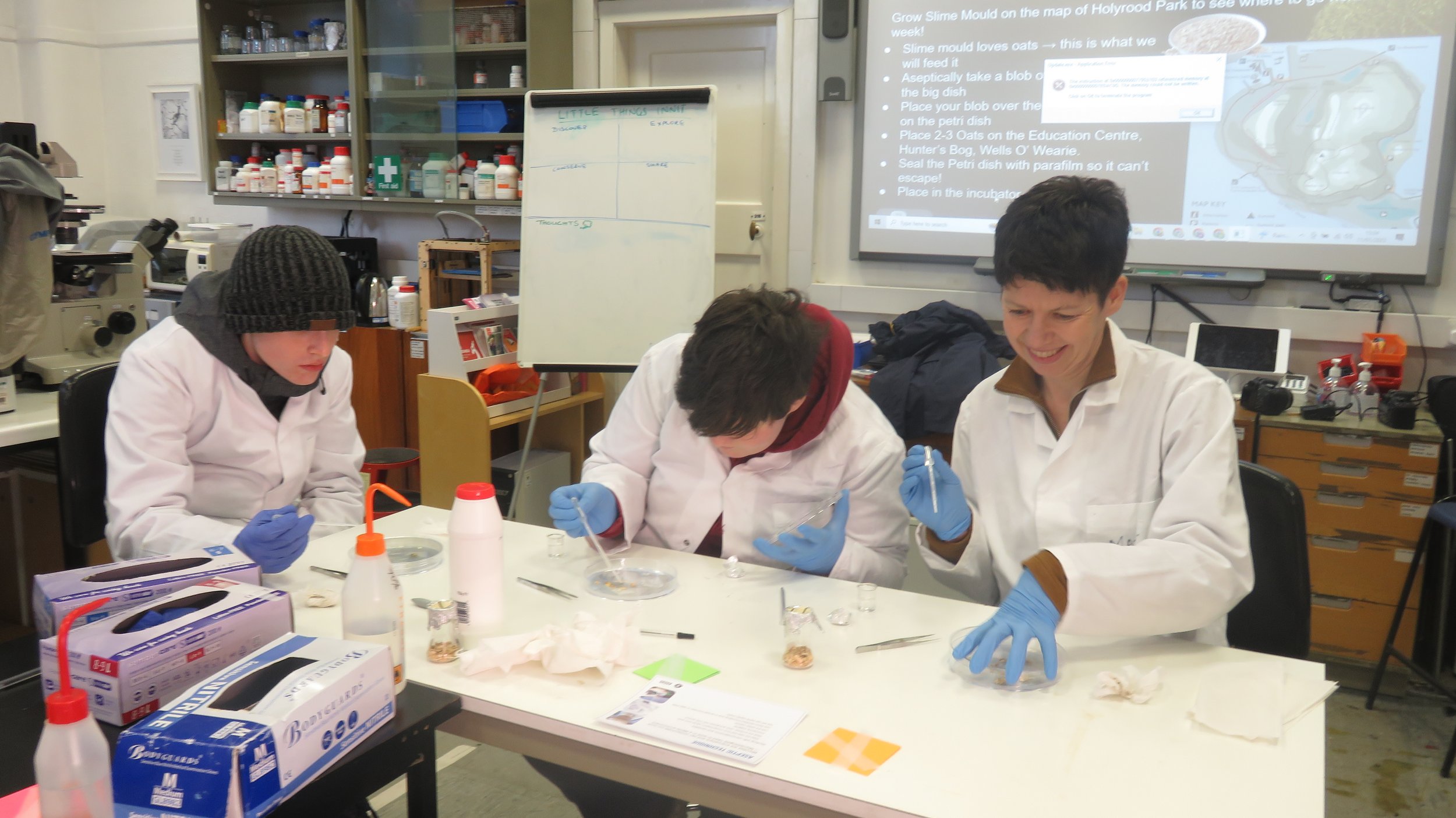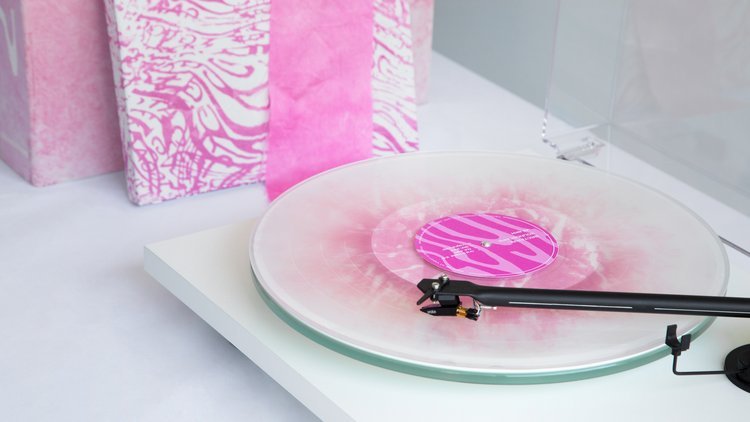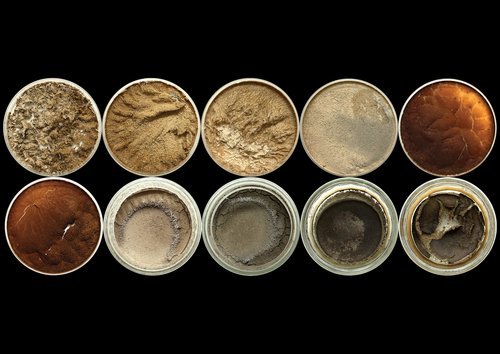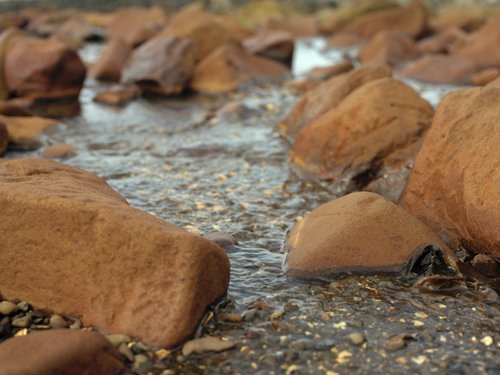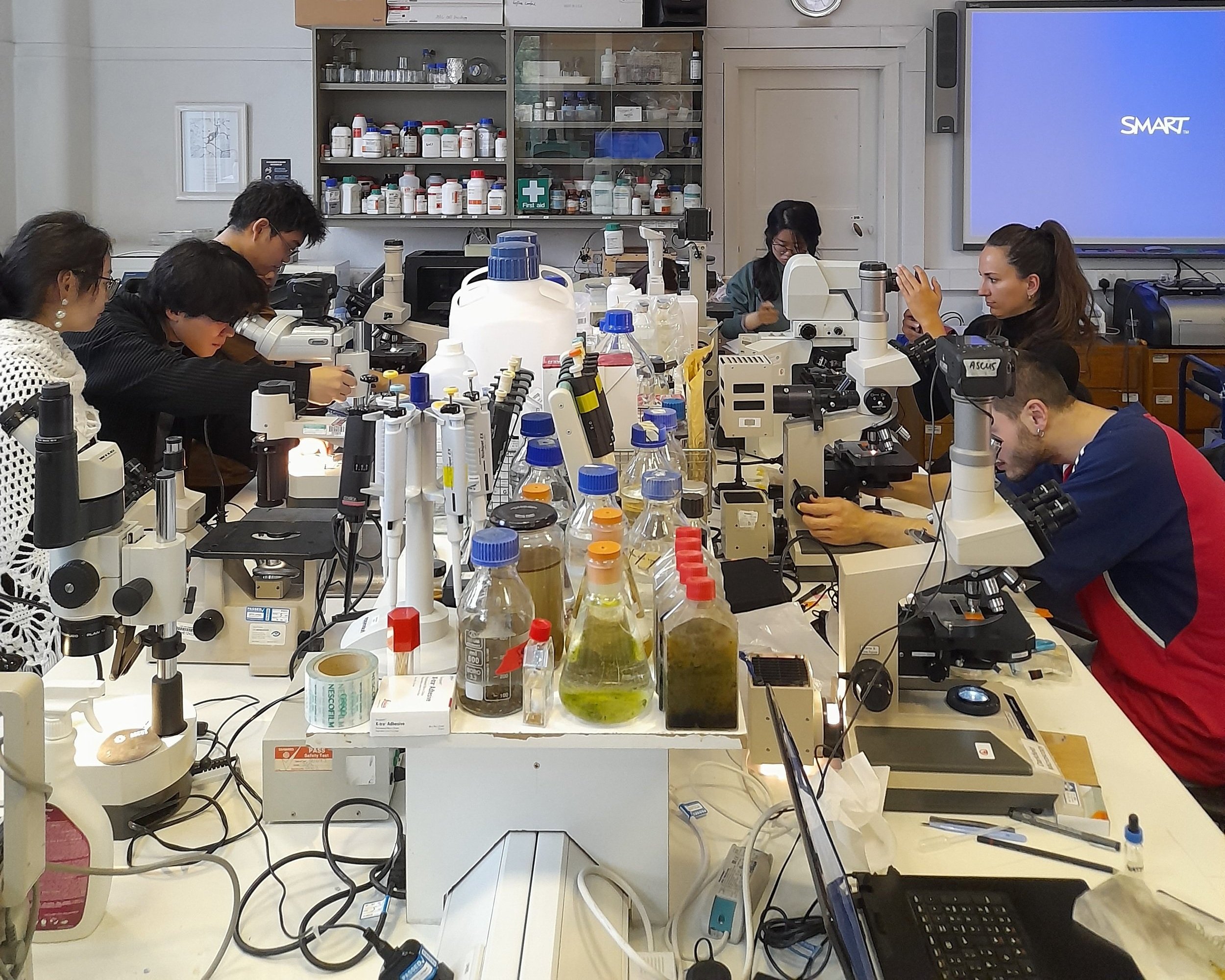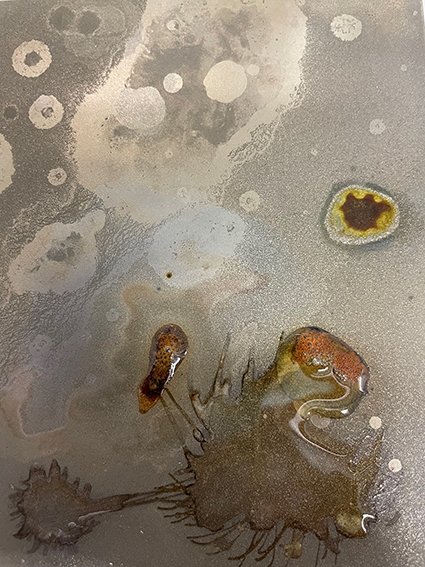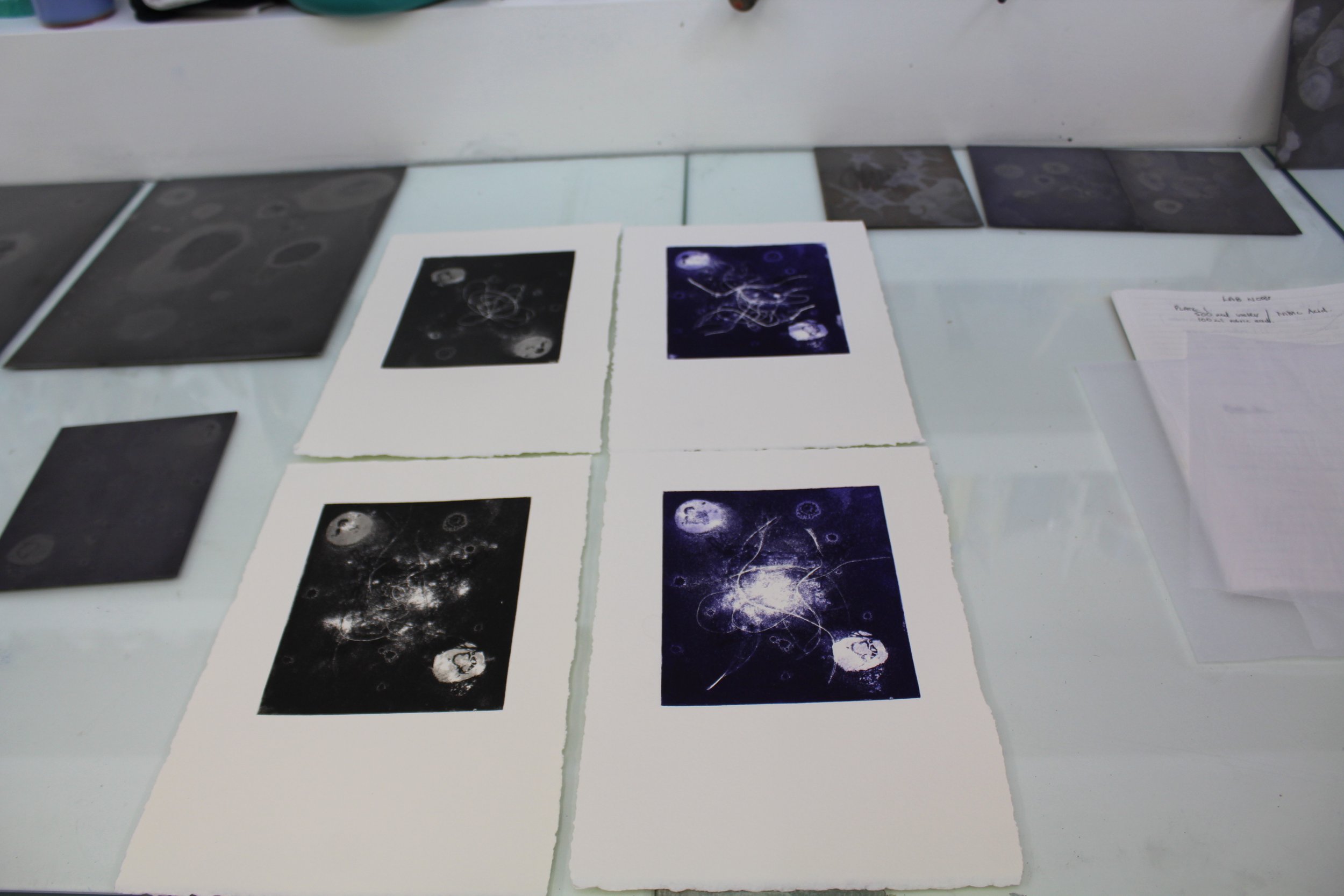2023 in a nutshell
The time of year has come around again where we do a little reflection and reminisce about all the incredible projects, events and programmes we’ve put on and been a part of in 2023. We hope you enjoy reading!
Lab sessions
As always, we have been blown away by some of the work our lab users have been doing in the ASCUS Lab this year. Below is just a small showcase of some of the experiments that have taken place over the course of this year.
Unearthing Microlife Young People’s Programme
We ran the second iteration of our creative learning programme in collaboration with Rob May from Edinburgh and Lothians Greenspace Trust and artist, Natalie Taylor. The Staying on Track group from Youth Vision joined us over winter for 9 weeks of outdoor exploration in Holyrood Park, creating bio-art with nature, bacteria and fungi and experimenting in the lab.
Click here to read more about this programme
Art & Science Conference
We were thrilled to present at the Art & Science: Connections & Interactions conference in Dundee earlier this year. It was a wonderful event and it was great to see some of the other work happening around Scotland that explores the intersections between art and science. We have since been invited to contribute to the Scottish Society for Art History Journal which has now been published in their 2023/2024 Volume! Check out our article here.
Ecollaborate photography workshop
We were excited to participate in a pilot workshop alongside Art Walk Projects and artist Scott Hunter. This workshop provided members of Access to Industry's Photographic Arts Group Empowerment (PAGE) group with the chance to explore alternative photographic techniques and learn about developing analogue film using plants. Additionally, participants had the unique opportunity to visit the ASCUS Lab, gaining a fresh perspective on various aspects of these creative processes.
Edinburgh Science Festival
Together with Summerhall, as part of the 2023 Edinburgh Science Festival, we launched our visual arts program, Interlinked, which explored themes of earth, climate, sustainability, biodiversity, micro-life and humanity by experimenting with scientific processes and practices.
Featured exhibitions included 3607 by Kexin Liu which consisted of a soundscape derived from bacterial sequences, textiles dyed with pigmented bacteria, and a visual representation of human-bacteria interactions and aimed to celebrate the millions of microbes making up our identity, Earth, Soil and Filth by Agatha Smith was an inquiry into our collective and shared experience of the frequencies of the earth, Darkroom Ecology by Scott Hunter proposed photography as a closed-loop ecosystem through sculptural work and LOST by Julia Barton graphically showed the fossil fuel energy that Marine Plastic Litter and Single Use Plastic represents and aimed to show how plastic pollution directly contributes to our Climate Crisis.
We were also involved in some of the events that happened in the National Museum of Scotland which was a lot of fun!
Workshops
We were involved in a few smaller one-day workshops this year which included extracting DNA from a strawberry under the trees with a group from Craigmillar Community Grows, hosting a microscopy workshop for Landscape Architecture students form the University of Edinburgh, and we also had the privilege of working with the G-lands team again to bring a version of the Saliva Sessions workshop to members of the Craigmillar community by running an event at the Castlebrae Community Campus.
Molecular Architectures
This year the third phase of Molecular Architectures took place. Artist Susan Aldworth was commissioned to work with Dr Amanda Jarvis from the University of Edinburgh to better understand the processes involved in molecular chemistry. Aldworth decided to work in etching, an artform which she felt could express the energy of chemical catalysis and to visualise the invisible. Aldworth used various chemicals in the Jarvis lab to etch onto steel plates which were then printed in her studio. Some incredible results emerged! We’re looking forward to exploring the possibilities of how we can continue this collaboration in 2024
Surface Echoes
Launched earlier this year, Surface Echoes, led by dermatology professor Sara Brown and creative researcher Beverley Hood, aims to amplify the voices of those living with eczema. This year we have hosted two workshops with different groups to collect lived experiences, and guide the approach taken to raise awareness, reduce stigma, and increase understanding of eczema.
And with that, we wish you all a fantastic festive season. See you in 2024!

